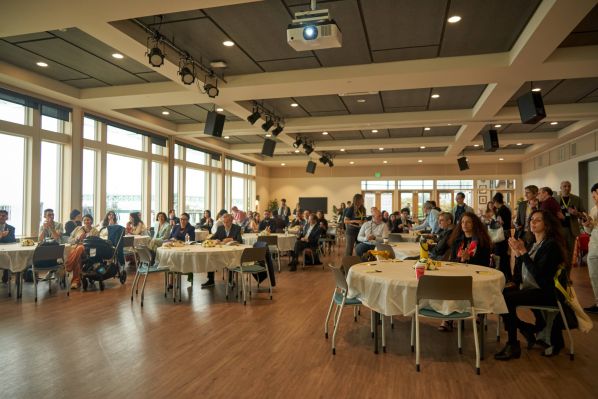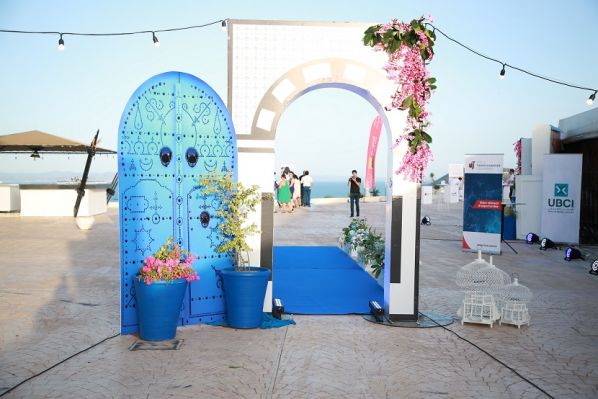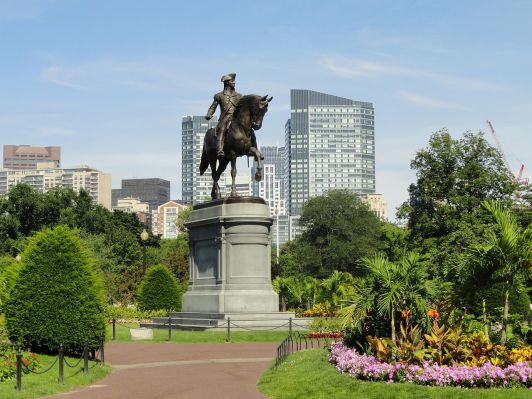Afkar Conference: Sustainable Civil Society Towards Effective Local Governance

On Saturday, April 4, 2015, over 50 key players in Tunisian civil society came together as part of the launch of a new innovative forum for ideas, titled “Afkar” – literally “ideas” in Arabic. Organized by Houssem Aoudi, the President of TAYP’s Tunisia chapter, this was an opportunity for individual stakeholders to come together to develop effective and workable solutions to some of Tunisia’s most pressing problems.
Afkar is a new Think and Action tank; each successive edition of AFKAR will focus on a major theme requiring urgent action in Tunisia. This model has participants initially THINK about the structural aspects of the problem, which will then allow them to ACT directly within the reality of the Tunisian context.
For the inaugural edition, AFKAR focused on the state of civil society in Tunisia, a topic relevant on the national and regional levels. Afkar studied the topic through two prisms of analysis. The first related directly to the development of the role of Tunisian civil society. The second concerned issues of decentralization, local elections, and accountability of civil society, a topic of great debate and reflection among stakeholders.
Tunisian civil society was reborn in the wake of the January 14th 2011 revolution, and has played a crucial role in the success of the democratic transition thus far. However, this evolution has suffered from a general lack of coordination among different actors due to a lack of clarity in the different roles and responsibilities of various civil society actors.
Thus, AFKAR aims to assemble key stakeholders to explore some of these issues, and develop a framework for action over the short and long-term. The conference featured panelists from a variety of government, civic, and international organizations. These included Mondher Bousnina from the office of the president of government, Rafik Halouani from Mourakiboun, Chafik Sarssar, the president of the ISIE (Instance Supérieure Indépendante des Elections), Salsabil Klibi and Chawki Gueddass from the Association Tunisienne de Droit Constitutionnel, Amine Ghali from the Kawakibi Center, and Mokhtar Hammami from the Ministry of the Interior.
The over 50 participants who took part in the discussions included representatives of the National Assembly, officials from the Ministries of Interior and Development, Investment, and International Cooperation, as well as members of organizations such as Open Gov, Corac, the Tunisian Institute for Democracy and Development, Oufiya, the National Democratic Institute, Heinrich Boll Stiftung, Padil, UTIL, Faculté des Sciences Juridiques, and Cawtar.
The group identified several major threats to the future of civil society in Tunisia, ranging from the long-term sustainability of funding, the necessity for creating relevant legal structures to protect civil society, and the potential for a return of major government interference and restrictions on civil society.
On the subject of the clear need to professionalize civil society in Tunisia, the group also expressed concern that professionalism not translate into passivity – that civil society retain its militancy while growing in capacity.
On room for improvement, the group agreed the relationship between government and civil society is far from the ideal, and is marked by a lack of trust on both sides. What’s more, there remain large gaps between civil society located in Tunis and those in the regions, and work needs to be done to collaborate and develop the capacity of civil society across the country and especially in marginalized regions.
Overall, the group was unanimous in the critical need for a strong civil society if Tunisia is to succeed in a democratic transition. What’s more, civil society organizations themselves must also internalize these democratic norms if they are to reflect the society that they are working to build.
With a successful first edition completed, Afkar will go on to fine-tune the format, and explore new critical subject areas such as the state of the economy or the prospects for successful decentralization. As Tunisia begins to map responses for some of the most pressing challenges facing the country, forums like these are a powerful tool to create substantive dialogue that can ultimately lead to sustainable change.
related news




About the author
kevin Coyne